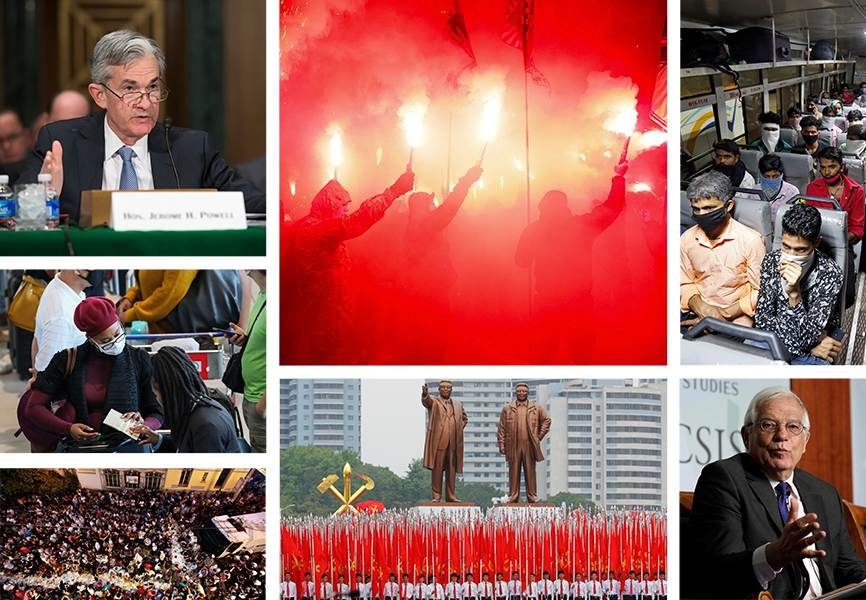We have updated our Privacy Policy and Terms of Use for Eurasia Group and its affiliates to clarify the types of data we collect, how we collect it, how we use data and with whom we share data. This website uses cookies. By using our website you consent to our Terms and Conditions and Privacy Policy, including the transfer of your personal data to the United States from your country of residence (if different), and our use of cookies as described in our Cookie Policy.

 Images courtesy of REUTERS, FLICKR, and CREATIVE COMMONS.
Images courtesy of REUTERS, FLICKR, and CREATIVE COMMONS.